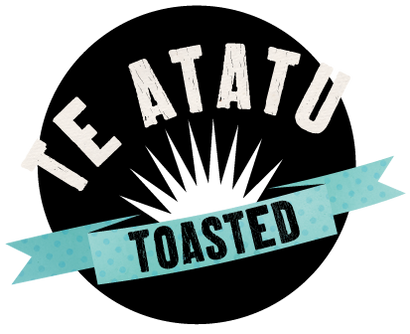Your Cart is Empty

Steps you can take to avoid osteoporosis
May 21, 2024
Keeping our bones strong as we age, to lower the risk of developing osteoporosis, is key to staying active and healthy in our later years.
Bone Health New Zealand says almost 3,700 New Zealanders suffer from a broken hip every year and half of them never return to full mobility. Loss of bone strength is a bigger health risk for women than men - two-thirds of hip fractures worldwide occur in women.
In our final women’s health blog this month, we look at some of the facts around bone health and the steps we can take to avoid osteoporosis.
What is osteoporosis?
Osteoporosis is a disease that weakens your bones. It has no real symptoms and, in fact, many people only realise they have osteoporosis when they have a bone fracture. Generally it occurs in men and women aged over 50.
Why are women more affected?
Women are more likely than men to get osteoporosis for several reasons:
- Women’s bones are smaller and lighter
- Menopause reduces bone-protecting hormones
- Pregnancy robs bones of minerals
- Women live longer than men so they live longer with older bones
What are the risk factors for osteoporosis?
Women are more likely to suffer osteoporosis or a bone fracture if any of these risk factors apply:
- A family history of osteoporosis and fractures
- Going through early menopause (before 45)
- Being underweight
- Excessive alcohol intake (more than two glasses of wine a day)
- A history of smoking
- A Vitamin D deficiency
- A diagnosis of Crohn’s disease, celiac disease or Rheumatoid arthritis
- Suffering a fracture or break after a minor fall or knock
You can assess your own bone health at knowyourbones.org.nz – it’s free and it only takes a few minutes.
How can I build up my bone health?
There are loads of things you can do now to keep your bones strong.
Regular exercise actively preserves bone density and strengthens muscles in your legs, which helps you keep your balance and prevents falls. In fact, you can literally take steps to avoid osteoporosis – walking is one of the activities that makes your body work against gravity. Others that don’t put too much stress on your body include yoga, Pilates and tai chi. Ask your physio or gym trainer to recommend weight-bearing exercise that is right for you.
Ensure you are getting enough calcium in your diet. The New Zealand Nutrition Foundations says women aged up to 50 and men aged up to 70 need 1000mg a day. The recommended daily intake increases to 1300mg for women over 50 and men over 70.
Start your day with a portion of Te Atatu Toasted muesli served with milk, yoghurt and kiwi fruit. They are all good sources of calcium.
Other foods that are high in calcium include dairy products, almonds, broccoli, kale, canned salmon with bones, sardines and soy products, such as tofu. If you find it difficult to get enough calcium from your diet, ask your doctor about supplements.
Seek out Vitamin D,which your body needs to absorb calcium. Sunlight helps your body produce Vitamin D so try to spend 30 minutes a day outside. Good food sources for Vitamin D include oily fish, such as salmon, trout, whitefish and tuna, mushrooms and eggs. You can also talk to a health professional about whether you need Vitamin D supplements.
Stop smoking.Research shows that smoking diminishes the blood flow to bones, and the presence of nicotine in cigarettes slows down the generation of bone-forming cells (osteoblasts), resulting in reduced bone formation. Additionally, smoking hampers our body’s ability to absorb calcium from the food we eat.
Limit your alcohol intake.Ideally, for our bones and our overall health, we should not drink more than two standard drinks a day and have three to four alcohol-free days a week.
Get more information on bone health and fact sheets at bones.org.nz or Osteoporosis New Zealand.
💥 You deserve to start your day with a low sugar, healthy breakfast cereal.
👉 Choose your Blend here and we'll deliver to your door
